Since March is National Nutrition Month, let’s review the importance of healthy eating habits when it comes to dental health. In addition to reminding you of tips you’ve already learned, taking this quick quiz will help you to discover new ways you can take control of your health-starting today.
Q: What happens inside your mouth when you eat sugary snacks?
A: When you eat sugary snacks, (or starchy foods that convert quickly to sugar), acids are produced that erode tooth enamel and cause cavities.
Q: True or False, some breads and cereals are acidic.
A: True. Even though citrus fruits and tomatoes are most often associated with acids, some cereals and breads are also acidic. Eat foods like cheese, chicken, nuts, and milk, then calcium and phosphorus is redeposited onto your tooth enamel.
Q: What is demineralization?
A: Sucking on mints, cough drops, and hard candies can cause a concentrated acid build-up. The result is loss of minerals from your teeth.
Q: Some sticky desserts cling to tooth enamel. How can you balance out potential damage?
A: Try eating sticky desserts along with your regular meal to balance out potential damage to your tooth enamel.
Q: Why are portion sizes so important?
A: When you label certain foods as taboo, it can be very difficult to avoid them. Indulging in a small portion makes it easier to manage your sugar intake.
Q: Why should you drink lots of water when eating a sugary snack?
A: Drinking plenty of water along with a sugary snack helps remove food and debris from your teeth. Of course, brushing afterwards is also a good idea.
Q: What is Xylitol?
A: Xylitol is an artificial sweetener found in some brands of gum. Many dentists believe it keeps harmful bacterial in plaque from metabolizing sugar, keeping acids from causing damage to tooth enamel.
Q: What effect do teas and colas have on your teeth?
A: When you sip teas and colas during the day, acids are deposited onto your teeth. Water is a much better alternative. However, if drinking bottled water you should check to see if it contains fluoride, which actually adds minerals to your teeth to reverse acid damage. If your bottled water does not contain fluoride then consider drinking tap water. It is estimated that 67 percent of American homes have tap water with proper fluoride levels for strengthening tooth enamel and preventing cavities.
Q: Why should you incorporate foods into your diet that contain calcium and Vitamin D?
A: Calcium and Vitamin D strengthen your teeth and bones, which can prevent tooth loss.
Q: Why are crunchy foods like crisp fruits and vegetables smart food options?
A: Fruits and veggies contain water that dilutes the sugars inside them. In addition, chewing on these foods stimulates saliva flow which washes away food particles and acids. Vitamin A in fruits and veggies strengthens tooth enamel while Vitamin C prevents gum infections. Another benefit? Fresher breath.
Conscious eating is a process. Make healthy eating a priority and begin making changes that will benefit your entire body- including your smile.
Visit Our Office
Office Hours
- MON8:00 am - 6:00 pm
- TUE8:00 am - 6:00 pm
- WED8:00 am - 6:00 pm
- THU8:00 am - 6:00 pm
- FRIClosed
- SATClosed
- SUNClosed
10370 Richmond Ave. Ste 310,
Houston, TX
Phone : (832) 251-1234Text Us : (832) 251-1234






